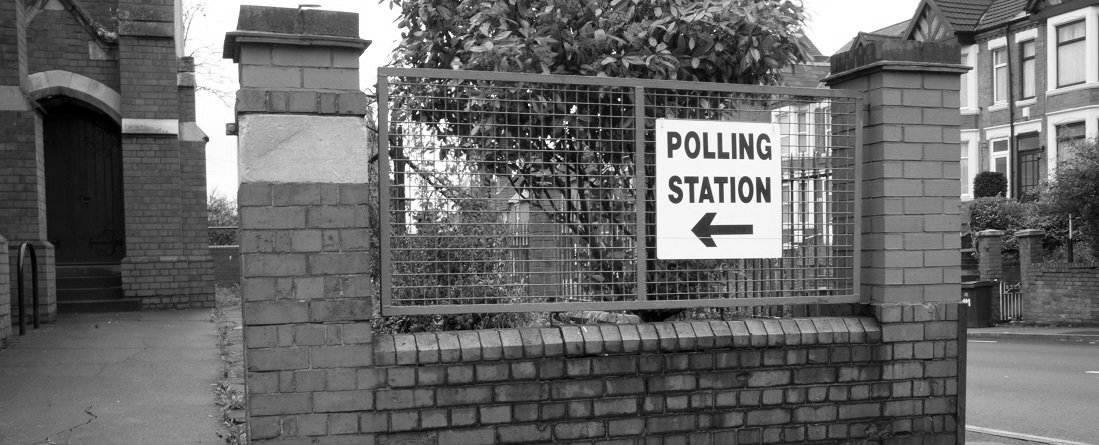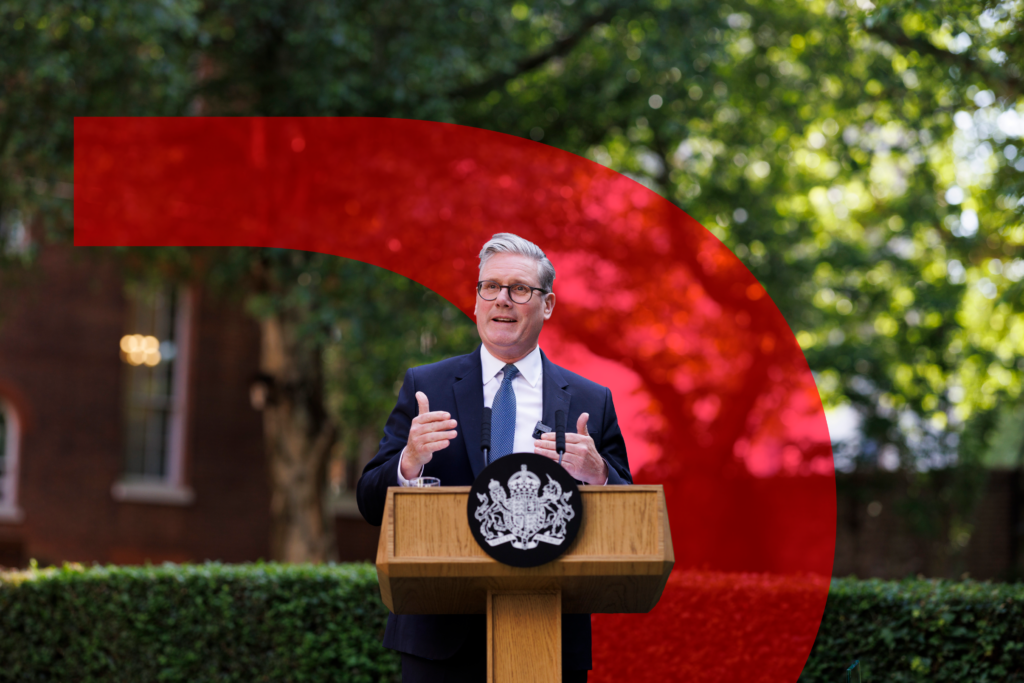On Thursday the polling stations will open. It has been a long and gruelling campaign, for the general public as much as the politicians, and at present the result remains uncertain. All this activity has kept journalists and commentators busy for months. However, despite the vast amounts of analysis, and the countless hours of reporting dedicated to the election, there has been little acknowledgement, let alone detail, on the local elections which will be taking place on the same day.
Voters will be asked to cast their ballots for local councillors in 279 local authorities across England – 157 of which are electing every council seat. In total, 9,394 councillors will be chosen on 7 May as well as directly-elected mayors in Bedford, Leicester, Mansfield, Middlesbrough and Torbay. Of the councils holding elections, 136 are Conservative controlled, 78 have a Labour majority, 8 are led by the Liberal Democrats, and 57 are under no overall control. We can expect big changes.
For anyone seeking to engage with councils, whether it is around the commissioning of local services, to further development ambitions, or in order to mitigate risk, it is critical to understand the political landscape. The scale of change at local elections can be daunting. To help you plan ahead, our consultants have mapped every 2015 local election across England and have provided insight on some of the key councils to keep an eye on at the bottom of this page.
Map
Explore our map of the local landscape across the country
Local elections that take place at the same time as national elections are provided with a much higher turnout than those that take place in isolation. Local election turnout in England generally falls between 30-40%, sometimes dipping below this. In contrast, turnout for local elections that take place at the same time as a general election is significantly higher – in 2010 the local election turnout in England was 63.5%.
As more votes are cast, results can fluctuate significantly and the national debate becomes much more important.
Perhaps the most interesting dynamic in this election will be the role of UKIP. The Party’s national support in the South and East of England is clear. However, when it comes to casting their general election ballot, many of those who sympathise with the Party could end up ‘going blue’ on the day, and may well choose to cast a protest vote in the local elections instead, yielding results for UKIP.
UKIP are totally opposed to greenfield development, they want to implemented local referenda for major developments and they have pledged to do away with applicants’ right to appeal. If the Party gain influence on councils – and more importantly, planning committees – we could see an increasingly challenging planning environment, with current and future developments coming under threat.
What’s more, UKIP councillors who are elected this week on the back of a wave of national support, could end up having a greater legacy in local areas than their colleagues in Westminster. Farage has said he will step down as leader if he does not win in South Thanet on Thursday. If this happens, and the Party only wins one or two seats on polling day, this would leave a weak and potentially rudderless national party. We could have UKIP councillors on planning committees with little leadership or direction. With a proven propensity among UKIP councillors to go independent, this could lead to autonomous members on planning committees across the country – creating greater instability.
Beyond this, we will see the Liberal Democrats struggling to retain the small number of councils they still hold. In the South West for example, a traditional stronghold for the Party, they are expected to lose one of their remaining local authorities in the region: South Somerset Council – where the Liberal Democrats hold a slim majority with 31 of the 60 seats – contains two Westminster constituencies; Somerton & Frome and Yeovil. They are expected to lose Somerton & Frome and will face a threat from the Conservatives in Yeovil, David Laws’ seat. This is a local struggle that is likely to be replicated across the country as the Liberal Democrats pay the price for their time in government.
Conversely, local issues in some areas will have a significant impact on the ambitions of parliamentary candidates. In Brighton & Hove, the home of the only council controlled by the Green Party as well as their only Westminster seat, local issues will be critical. The Green Party took control of the Council from the Conservatives in 2011. Since then there has been controversy surrounding local strikes, increased parking charges, reduced speed limits, and, astonishingly, ranking 302nd out of 326 councils for recycling rates. This has made the council a target for those wanting to paint the Greens as ‘not fit for power of any kind’. This perceived lack of competence has been an issue for the Party’s only MP, Caroline Lucas, who resigned as leader to fight the seat and has had to distance herself from the Council. Her main issue has not been gaining national support, it has been tackling local issues brought about by the Party she used to lead.
In reality, the general election will be won or lost in the Midlands and the North – the location of the vast majority of the marginal seats. The ground war battle between Cameron and Miliband across this area will have a major impact on the local candidates who are standing. In Warwick for example, where the Conservatives control the Council with a minority of 22 of the 46 seats, there are two Westminster seats, both held by the Tories. One of them, Warwick and Leamington, is a two-way marginal with Labour just behind in the polls. If the seat swings towards Labour on polling day, it is likely that the Conservatives will also lose control of the Council. This will be a direct result of the increased turnout and the high intensity campaigning being undertaken in the area – it will, to some extent, be taken out of the hands of those standing in the local elections.
Without doubt we will see council seats across England changing hands on polling day. We will see new leadership on councils, new planning committee members, and new priorities pursued in many areas. Understanding this and the impact it can have on your organisation is critical. Portland Local are experts in local government and planning communications. If you would like any more information on the impact of the election, or if you would like our views on your project, please do not hesitate to get in touch.






